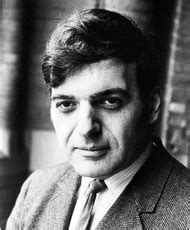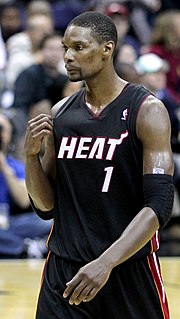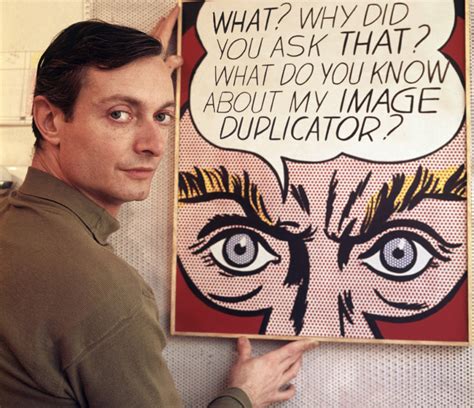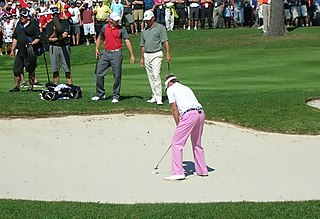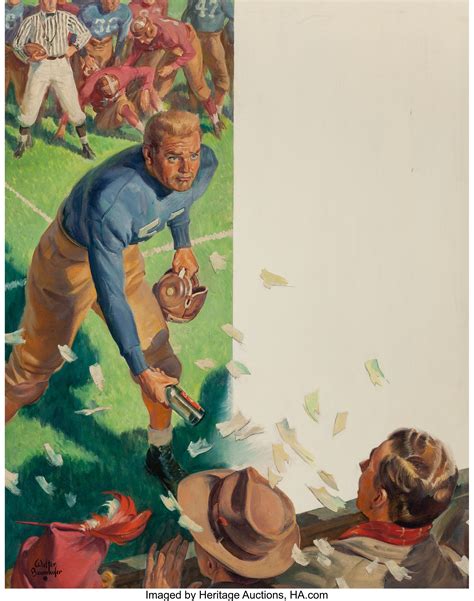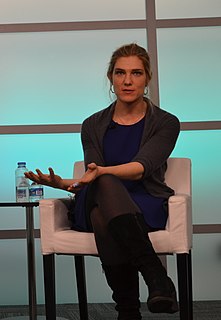A Quote by Elizabeth Bowen
As a novelist, I cannot occupy myself with "characters," or at any rate central ones, who lack panache, in one or another sense, who would be incapable of a major action or a major passion, or who have not a touch of the ambiguity, the ultimate unaccountability, the enlarging mistiness of persons "in history." History, as more austerely I now know it, is not romantic. But I am.
Related Quotes
Why I talked about political correctness: the colonial is now such a major taboo that any achievement of the colonial period, or any generosity implied in colonialism, is again fundamentally neglected or fundamentally not recognised. That's crazy, because history is a series of layers, and you cannot say, "This layer I support and this layer I cancel." History is history and you cannot retrospectively manipulate it.
Major Trends [is] the canonical modern work on the nature and history of Jewish mysticism. For a sophisticated understanding, not only of the dynamics of Jewish mysticism, but of the exquisite complexities of Jewish history and tradition, Major Trends is a major port of entry through which one must pass.
The thing I found in correlation with my studies as a history major was that experience taught me you have to figure out your background, where you come from, who you are, and what you want. All of that propelled me into following acting because I had to develop characters as well as develop characters' history which is most important.
I am not a historian, but I find myself being more and more fascinated by history and now I find myself reading more and more about history. I am very interested in Napoleon, at the present: I'm very interested in battles, in wars, in Gallipoli, the First World War and so on, and I think that as I age I am becoming more and more historical. I certainly wasn't at all in my early twenties.
There is a palpable sense of history in the homes that I choose to occupy. I think that's one of the reasons I gravitate towards old homes: I really like that sense of history and that sense that I am one step in a very long process that trails out in both directions around me - before me and ahead of me.
I'm even stunned at some of the majors you can get in college these days. Like you can major in the mating habits of the Australian rabbit bat, major in leisure studies... Okay, get a journalism major. Okay, education major, journalism major. Right. Philosophy major, right. Archeology major. I don't know, whatever it is. Major in ballroom dance, of course. It doesn't replace work. How about a major in film studies? How about a major in black studies? How about a major in women studies? How about a major in home ec? Oops, sorry! No such thing.
You know, students who major in elementary education - they're going to be grade school teachers - they have the highest rates of math anxiety of any college major. And they bring that into the classroom. So you find students being introduced to math concepts by teachers who may have not only a lack of training but also a lack of enthusiasm about math.



